“The wise young man or wage earner of today invests his money in real estate.” – Andrew Carnegie, billionaire industrialist
While this quote is over a century old, it’s still as true as ever. Nearly half of all high net worth individuals (HNWI) own or are interested in owning real assets, according to the U.S. Trust Insights on Wealth and Worth survey. Additionally, HNWI in North America allocate 15.6% of their financial assets to real estate (excluding their primary residence) as found in the World Wealth Report.
The sage advice “invest in real estate” is commonly and nonchalantly spoken about, but some HNWI (22%) have not yet added this asset class to their portfolio despite their interest. And, it’s no wonder, given the overwhelming number of real estate investment options—each with varying minimums, terms, risks, and rewards. Many stop short with these questions:
- Where do I begin?
- What’s the best way to break into real estate?
- How do I find trustworthy real estate partners to grow my capital?
To help investors navigate the complexity of this asset class, we provide below a high-level overview of four ways to break into real estate investing, identifying who each option is ideal for and sharing helpful information for pursuing your real estate investment goals.
01 Invest in Private Equity Real Estate Funds
Best for those who have:
- Significant capital
- Limited time
And desire:
- A long-term strategy
- Cash flow
- Asset growth
- Tax-sheltered returns
A Private Equity Real Estate Fund is essentially a portfolio comprised of several real estate properties. Depending on the fund makeup, it could contain multi-family housing, senior housing, student housing, retail space, medical offices, warehouses, land, or self-storage facilities. A fund is usually managed by principals, often called the General Partners (GPs), who have proven experience in the market and a successful track record.
The GP’s role is to acquire, develop, lease, manage, and eventually sell the properties for a profit, which can generate strong returns for the investor through regular dividends, as well as gains upon asset liquidation. Another bonus is that the returns are tax-sheltered because of real estate’s depreciation factor.
Private real estate funds are typically only available to accredited investors and often require significant capital upfront. Additionally, investors might pay a fee (this varies by fund) that covers expenses to manage the fund. This option is well suited for a long-term investment strategy, typically anywhere from 3-10+ years, as real estate increases in value over a length of time.
The long and short of it: For accredited investors looking for a stable investment and (truly) passive income that does not demand time or energy, a well-vetted private real estate fund run by experienced principals is a great option for diversifying your portfolio.
Learn more about Birgo Capital’s private equity real estate fund here.
02 Direct Ownership and Operation
Best for those who have:
- Significant capital
- Extra time
- Patience
And desire:
- A long-term strategy
- Cash flow
- Asset growth
- Tax-sheltered returns
For investors with cash on hand, free time on the calendar, ability to withstand financial risk, and patience to handle tenant requests (like maintenance issues and late rental payments), another option is to purchase and lease residential or commercial properties directly.
With meticulous due diligence applied during the acquisition phase and strong property and customer management skills employed on an ongoing basis, this can be quite lucrative due to monthly cash flow and long-term asset appreciation. It also eliminates the need for a middleman, allowing the investor to retain even more of their earnings. Finally, like the fund, these returns are tax-sheltered.
While investors usually have more profit potential through direct real estate investment versus a real estate fund, they inherently take on substantially more financial risk. Additionally, new landlords are often surprised (and not pleasantly) by the amount of time and work involved in managing a rental property.
The long and short of it: Direct ownership of commercial real estate can be incredibly rewarding…for the right investor. Our advice is to research and learn from the excellent resources available, begin small, learn as you go, acquire supplemental properties over time, and build out a diversified real estate portfolio that yields strong returns over the long term.
03 Participate in Real Estate Crowdfunding
Best for those who have:
- Any amount of capital
And desire:
- Exposure to real estate without owning property
Real Estate Crowdfunding makes gaining exposure to real estate simpler than ever. With numerous online platforms offering a wide array of investment opportunities, ranging from single properties to funds to REITS, it has opened up a whole new world of opportunities at your fingertips (literally!).
Some crowdfunding platforms allow non-accredited investors to invest in larger deals that they may not have otherwise been able to partake in based on minimums that exceeded their capital on hand. For example, Realty Mogul offers investment vehicles with a minimum of $5,000, making real estate accessible to more investors. Additionally, these platforms enhance an investor’s ability to quickly compare and contrast offerings by providing relevant information right on the website.
Along with all of the benefits of crowdfunding platforms come limitations. For example, investors might not be able to speak directly with the GPs/Sponsors of a deal; instead, crowdfunding managers act as the middleman. For investors who value a personal relationship with the individuals responsible for growing their capital, this may present a challenge.
The long and short of it: For investors looking for exposure to real estate without personally owning commercial properties and who want to get their feet wet in real estate with a smaller investment, Online Crowdfunding Platforms provide the ability to partake in larger deals at a lower minimum.
04 Invest in a Real Estate Investment Trust (REIT)
Best for those who have:
- Any amount of capital
And desire:
- Exposure to real estate without owning property
There are many types of REITs, but here is the 10,000-foot view. In general, a REIT is a portfolio of real estate properties owned by a corporation. Investors are able to buy and sell shares of the REIT, like purchasing shares of stock.
Investing in REITs offers many benefits, including flexibility, cash flow, and diversification. Because they are somewhat similar to stocks, an investor can sell their shares at any point rather than investing for a set term. Additionally, because the portfolio is made up of various commercial and residential properties that collect rent payments from tenants, REITs are able to pay consistent dividends to their shareholders. Finally, investing in a solid, well-vetted, and diversified portfolio increases the odds that the REIT will be able to successfully withstand market fluctuations.
All that said, like any stock or real estate investment, there is always an element of risk and a profit is not guaranteed given market volatility. Investors also do not reap the rewards of long-term asset appreciation or tax-sheltered returns with REITs like they would with other types of real estate investments.
The long and short of it: For investors who desire exposure to real estate, consistent dividends, portfolio diversification, and a flexible investment term, REITs are a great way to break into real estate, keeping in mind that, like stocks, careful analysis before investing is critical in order to best weather market variations.



